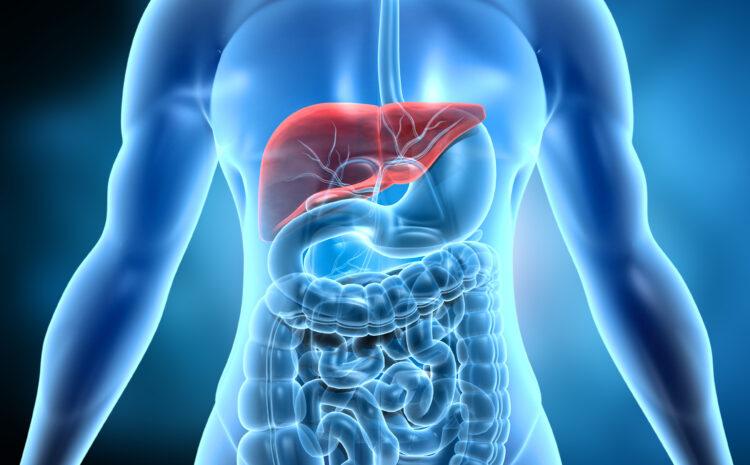
Safety and efficacy of Thymosin α1 in the treatment of hepatitis B virus‐related acute‐on‐chronic liver failure
Acute-on-chronic liver failure (ACLF) is a severe and life-threatening condition that occurs when chronic liver disease suddenly worsens. Article published in Hepatology International presents a novel and more effective treatment approach for ACLF that combines Thymosin α1 (Tα1) with comprehensive medical treatment.
ACLF is characterized by rapid deterioration of liver function, multi-organ failure, and high mortality rates. The pathogenesis of ACLF is complex and involves immune imbalance, systemic inflammation, and hepatocyte necrosis. Current treatment options for ACLF are limited to supportive care, such as fluid resuscitation, electrolyte balance, and nutritional support. Liver transplantation is the only curative treatment for ACLF but faces several challenges such as donor shortage, surgery cost, and the need for immunosuppressive treatment after surgery. The mortality rate of ACLF is high, ranging from 50% to 90%, depending on the severity of the disease and the availability of treatment options.
Thymosin α1 is a peptide that has been shown to have immunomodulatory effects on various immune cells such as T cells, B cells, natural killer cells (NK), dendritic cells (DC), macrophages/monocytes (M/M), neutrophils (PMN), etc. Tα1 can act on toll-like receptor (TLR) 9 and TLR2 on dendritic cells (DCs) and precursor T cells, stimulate the nuclear factor-κ-gene binding (NF-κB) and p38 mitogen-activated protein kinase (MAPK) pathways, increase the activity of natural killer (NK) cells, promote the transformation of helper T cells (Th or CD4+ cells) to the Th1 subtype, increase the expression of Th1-type cytokines (e.g. IL-2 and IFN-γ), increase the levels of cytotoxic T cells (CTL or CD8+ cells), and promote the activation of DC cells. In ACLF patients, improving the overall immune function of the body is extremely important.
The study conducted by the authors of this article was a prospective, randomized, and controlled trial involving 120 patients with HBV-related ACLF. The results of the study showed that the combination of Tα1 and comprehensive medical treatment significantly improved the survival rate of patients with ACLF compared to those who received only comprehensive medical treatment. The 90-day survival rate was 70% in the Tα1 group compared to 50% in the control group. Moreover, Tα1 therapy reduced the incidence of infectious complications and improved liver function in patients with ACLF. The authors suggest that Tα1 therapy can be a promising alternative to liver transplantation for patients with ACLF, especially in regions where donor shortage is a major issue. They also emphasize the importance of understanding the immune imbalance mechanism underlying ACLF pathogenesis to develop new treatment strategies.
In conclusion, article provides valuable information about a novel and effective treatment approach for ACLF that can significantly improve patient outcomes. The study results presented support further research on Tα1 therapy as an alternative to liver transplantation for patients with ACLF.
Full article can found here: https://doi.org/10.1007/s12072-022-10335-6
